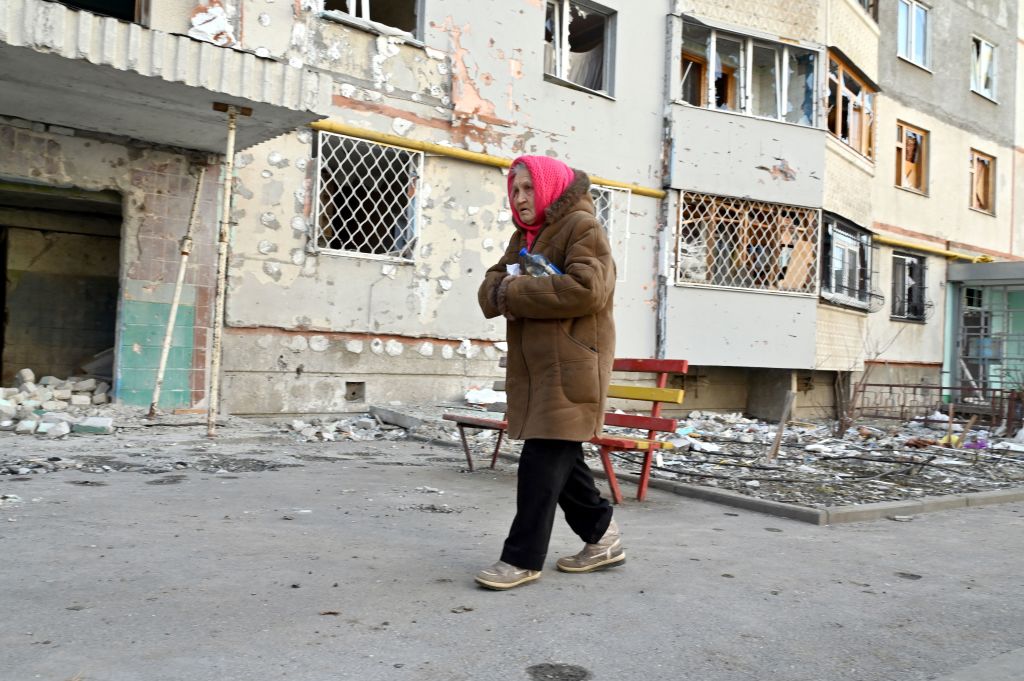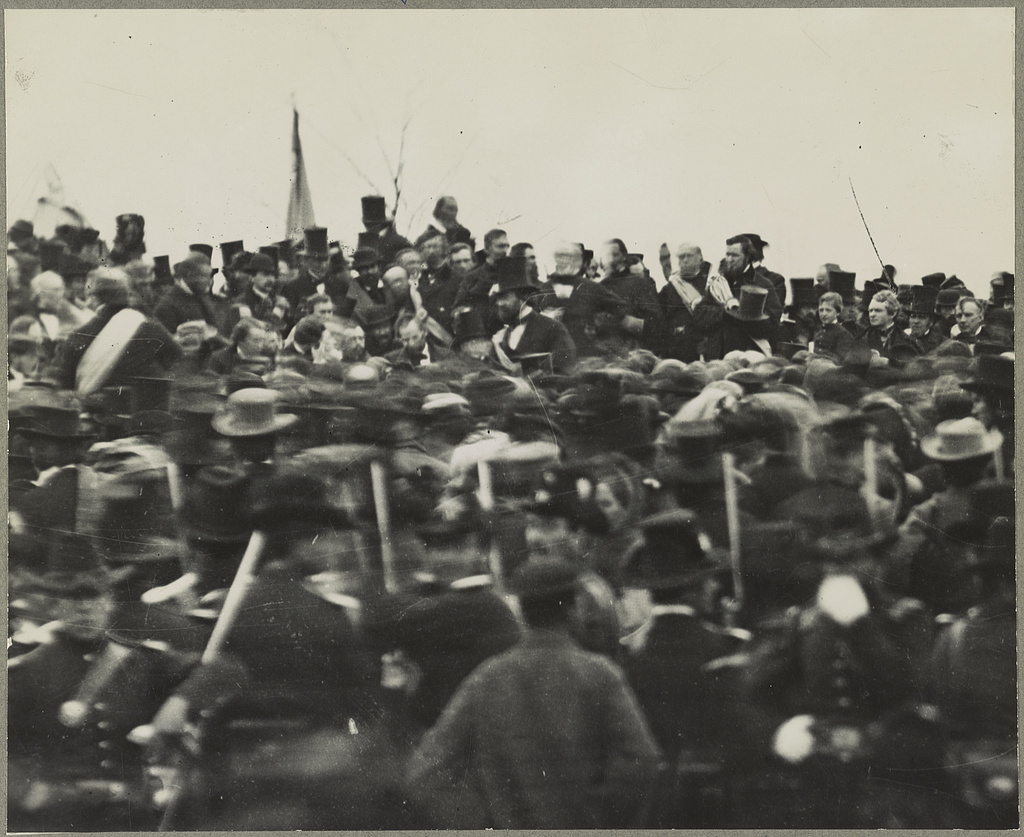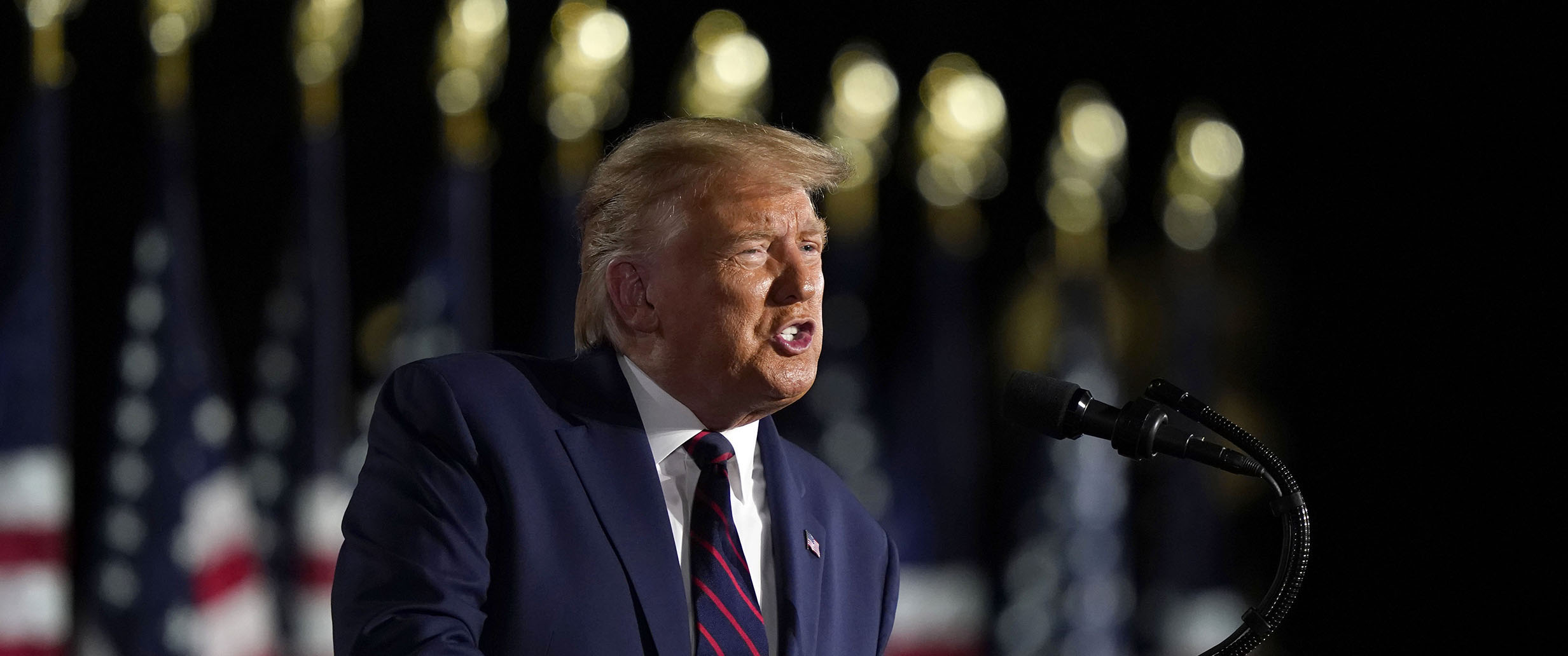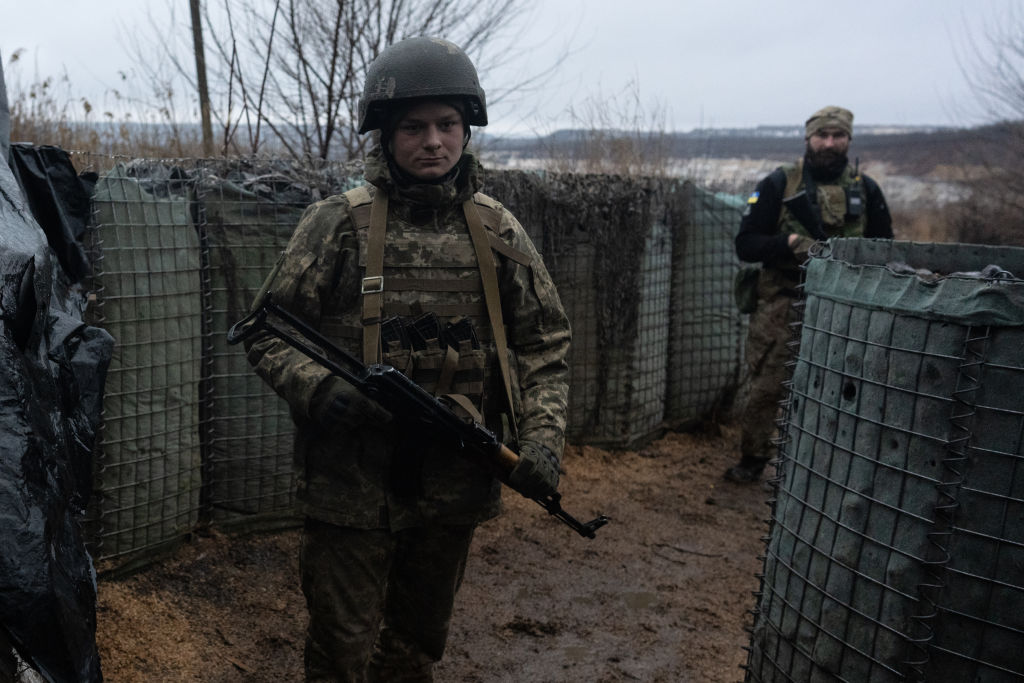A response to “Rebecca.”
Ukraine’s Inescapable Trade-Offs

American leaders gamble with the world at little risk to themselves.
The war in Ukraine, and the question of what the United States should do about it, demands a cost-benefit analysis. Despite whatever noble intentions may underlie a policy of deeper engagement in the conflict, every action involves at least some potential negative consequences.
Americans—both ordinary citizens and our leading public figures—want the suffering of the Ukrainians to end, and we also want Vladimir Putin and the Russians not to benefit from their aggression, and even to be punished for it. That we desire two things at the same time, however, does not mean that it is practically possible to accomplish them both.
The most direct way to punish Putin and make sure that the Russians do not benefit from their “special operation” would be for the United States and its NATO allies to wage war on behalf of Ukraine. Russia is more powerful than Ukraine, but NATO is more powerful than Russia. A NATO-led war would push the Russians out of Ukraine, depriving them of any ill-gotten gains and imposing severe consequences.
The difficulty, of course, is that this solution would carry huge costs in relation to the minimization of Ukrainian suffering. It would require all-out war waged on Ukrainian soil, with all the accompanying death and destruction, and the very real danger that the Russians might, on their way out, decide to inflict as much damage as possible to diminish Ukraine’s future ability to pose any threat to Russia. Then there is, as others have already observed, the equally real danger that such intervention would expand the war beyond Ukraine’s borders, resulting in vast additional and suffering.
On the other hand, the most direct way to end the present misery of the Ukrainian people would be for President Zelensky to capitulate now and give Putin most or all of what he is asking: no NATO membership for Ukraine, recognition of Russian possession of Crimea, and independence for the Russian-dominated eastern districts of Ukraine. Although surely a national humiliation, such a move would at least put an end to the killing.
But, again, such a “solution” would involve real costs, since the Russians would have succeeded in attaining their objectives through war. And permitting that success might involve future costs to justice and in suffering—if, for example, Putin concludes from it that he can wage war elsewhere to secure other objectives. For that matter, other potential aggressor nations will note Russia’s success and plan accordingly.
Perhaps aware of these trade-offs, although unwilling to talk candidly about them, our leaders have chosen neither of these options. They have instead chosen a middle course. We will not fight for Ukraine, but neither will we urge them to capitulate. We will encourage them to keep fighting, and we will help them by providing arms and other necessary equipment. This policy, of course, does not eliminate the trade-offs but only balances them differently than the more extreme approaches noted above. Providing military assistance to Ukraine makes the war more costly for Russia, but it does not ensure that Russia will be unable to benefit from it politically. Providing such assistance ensures that the Ukrainians can defend themselves, but it also extends their suffering, with the resulting loss of life and destruction of property. The trade-offs thus remain, even though our politicians—true to form—present the policy of arming Ukraine as a simple “solution” to the problem of war.
In matters of public policy, it is hard to perceive costs and trade-offs accurately, not only because politicians and journalists are accustomed to selling their favored policies using simplistic rhetoric, but also because the people making the decisions do not bear the costs that should be weighed. Economist Thomas Sowell has described how politicians and journalists commonly present public policies as “solutions” to “problems.” From this perspective, every scheme undertaken by government corrects some evil which otherwise would remain unaddressed. This kind of thinking and talking rarely acknowledges that the “solution” may cause or exacerbate other problems. Ignoring unintended consequences, however, does not mean that they do not exist. As Sowell observes, legislators can ignore the business costs imposed by, say, requiring employers to provide more generous benefits to employees, because the legislators are not responsible for paying those costs, or even for knowing what they would be.
This same difficulty distorts our ability to assess the trade-offs involved in the war in Ukraine. It is easy for hawkish American politicians to urge the Ukrainians to continue the fight, using whatever tools we will give them. After all, the ones calling for continued resistance are not endangering their own lives, their own property, or seeing millions of their countrymen having to flee their homeland. Similarly, it is easy for anti-war American politicians to say that the prudent course is for the Ukrainians to save their lives by giving in to Putin’s demands. It’s not their land that will be stripped away, or our national security arrangements that will be determined by a foreign adversary.
These considerations do not tell us precisely what policy we ought to pursue in Ukraine. They do, however, help summon the spirit in which the policy options ought to be weighed—a spirit of humility, caution, and awareness of the negative consequences that will inevitably attend any choice we make. Regrettably this spirit has not so far characterized the rhetoric or the thinking of our political leaders and journalists. As a result, all too many are allowing themselves to be swept up in a far different kind of spirit.
The American Mind presents a range of perspectives. Views are writers’ own and do not necessarily represent those of The Claremont Institute.
The American Mind is a publication of the Claremont Institute, a non-profit 501(c)(3) organization, dedicated to restoring the principles of the American Founding to their rightful, preeminent authority in our national life. Interested in supporting our work? Gifts to the Claremont Institute are tax-deductible.
Trump’s instincts point the way out of Biden-style decline.
War with Russia over its expansionist rumblings would be a disaster.



